How To Ensure a Smooth Ending of a Tenancy
We all, as landlords, want a tenancy and tenant that gives us as few issues as possible. Mostly, we think about this during the tenancy and how it is running for months and sometimes years and feel that everything is as it should be. However, it is at the end of the tenancy when you can run into issues that are incredibly difficult to resolve.
These can be, notice serving, rent balances/arrears, condition of the property, deposit returns and utility readings. All of these things can cause absolutely zero issues during the tenancy, it is when the tenant moves out that, what had been a good, smooth running tenancy, becomes a major issue.
The vast majority of these issues have their basis rooted in actions that have taken place before the tenancy has even been signed and they lie, hidden and undetected, only to jump out when the landlord retakes possession of the property.
Having the Correct Paperwork and Serving it Correctly
The first point I will cover is when the landlord needs to give notice. If the correct paperwork has not been served on the tenant prior to the start of the tenancy, it can lead to the notice being invalid. It is one thing to find this out at the point at which you serve the notice, it is quite another if you have had to go all the way top court and the judge throws the case out due to missing paperwork, such as gas safety certificate, electrical condition report, correct terms for the deposit, a legally correct tenancy agreement or a legionella risk assessment.
If these forms have not been given to the tenant prior to the start of the tenancy, getting possession back could be difficult and/or expensive. Thats why it is vital that you have a process to ensure that you not only serve the correct paperwork at the correct time, but that you can prove that you have served the paperwork to the tenant. At Iles & Jenkin, we ensure there is adequate proof of this and have even adapted our tenancy agreements correctly to accommodate the various ways in which we do this so that our clients have peace of mind that they are correctly protected.
Inventories/Statement of Condition
The next big issue is the condition of the property once the tenant has moved out. At Iles and Jenkin, as well as preparing a thorough in-going Inventory/Statement of Condition, we also visit the property quarterly to monitor the condition and keep our landlords updated on this and any relevant maintenance that needs to be done. This provides an on-going check of the property with the aim to keep on top of essential maintenance and monitor and guide the tenants living conditions to ensure the property is being kept in optimum condition thus reducing large costs between tenancies.
The problem we come across often, particularly in tenancies where an agent hasn’t been used for the set up of the tenancy, is that an Inventory/Statement of Condition of the property has not been created properly (or at all), with enough written detail and particularly photographs and that it has been served to the tenant correctly. If this document proves to be unreliable, it will absolutely cause any deposit to be very difficult to reclaim from the relevant deposit scheme, if the tenant disagrees with any deductions that are being claimed from the deposit. This document is just as important as the tenancy agreement itself, as without one, you are not protected against any damage tenants may cause.
Maintenance and Keeping Records
Maintenance of the property is also very important during the tenancy. All issues that are reported by the tenant need to be recorded and all actions noted, with relevant dates and time scales. All work needs to be carried out in a timely manner and if the work is not carried out at all, either because the landlord does not wish to do it, or there is not a reliable reporting and management system in place, this can lead to fines for the landlord and again, in some cases, any notice served by the landlord being invalid. However, the biggest prevention of these issues, is ensuring that the property is in an excellent condition prior to any tenant moving in, with no outstanding repairs required. A good way to ensure your investment looks after you, is to look after it.
Regular investment over the years of ownership is vital to keep the property in great condition and ensure the return on your investment doesn’t diminish. The best way to ensure you are keeping up with this, is to create a ‘maintenance budget’ and set aside an amount of your profit each month for regular and emergency maintenance. No-one likes costly surprise maintenance issues, but if you are prepared, that boiler breakdown won’t eat into your personal savings as the property has already paid for the work with the money you have set aside allowing you to sleep a little easier at night and ensure you are being a responsible and quick to act landlord.
References
The tenants should be referenced, ideally by a third party referencing agency. All tenants should be seen in person and the appropriate ID seen physically. Again, this removes potential issues during the tenancy and also at the end if it turns out that there is someone living in the property who is not who you thought they were! At Iles & Jenkin, we provide a thorough referencing process and can also offer fantastic insurance options for Rent and Legal Costs if you wanted further protection.
Rent and Legal protection has always been popular among landlords as this provides a further layer of protection against bad tenants or situations. With the legal process in the UK taking longer each year and with the proposed removal of the Section 21 notice this year, we encourage all landlords to look at taking out some form of insurance as removing a tenant can cost in the region of £3000-£12,000+ (plus rent arrears!) depending on situation and length of time to wait for a court date.
We provide Rent and Legal protection as standard in our Management Plus service option.
Deposit Return Process
If you take a deposit for a tenancy, you are legally required to protect it using one of the Deposit Protection Schemes (DPS, TDS, MyDeposits).
Each scheme will have their own rules and procedures but will all be similar. If there are issues/damage caused by the tenant during their tenancy that sit above the ‘fair wear and tear’ guidelines, then you as the landlord are able to make a claim on the tenants deposit to correct the mistake. Quite often, you will find, that you will not be able to claim for the full cost of a repair but a proportion of the cost. The reason for this is that, some items, such as carpets or decoration, naturally wear down over time so charging for the full cost of the item, may not be deemed as a fair deduction if the item is a few years old for example. Navigating this can be quite daunting, so using an agent or Inventory/Check Out Specialist can massively improve the result and reduce your stress!
If there is a dispute and both tenant and landlord cannot agree on a deduction amount for a particular item, each scheme will have an adjudication service who will look at all the evidence and make a final decision. This is why collecting the correct evidence is so important. The onus is always on the landlord to prove the condition before and after the tenancy has begun, not the tenant.
The DPS provide some great material to help landlords and agents understand their claim process. There are several links on their page but these two are quite helpful;
Evidence
https://www.depositprotection.com/disputes/what-makes-good-evidence
Test Case Examples
https://www.depositprotection.com/learning-centre/be-the-adjudicator
It is your duty as a landlord to ensure every process of the tenancy is carried out correctly or that you employ the correct professional to assist you. Judges do not take kindly to landlords who have not educated themselves correctly before becomig a landlord, so even if you use an agent, we do recommend learning about tenancy law and the processes. Iles & Jenkin ensures landlords are protected by carrying out these processes correctly and keeping our staff trained on any changes to the industry. Call now to see how we can assist you!
We hope the above information has been helpful, if you do have any queries or a situation where you are in need of advice, please do not hesitate to contact us;
Web – www.ilesandjenkin.com
Phone – 01934 512537
Email – lettings@ilesandjenkin.com
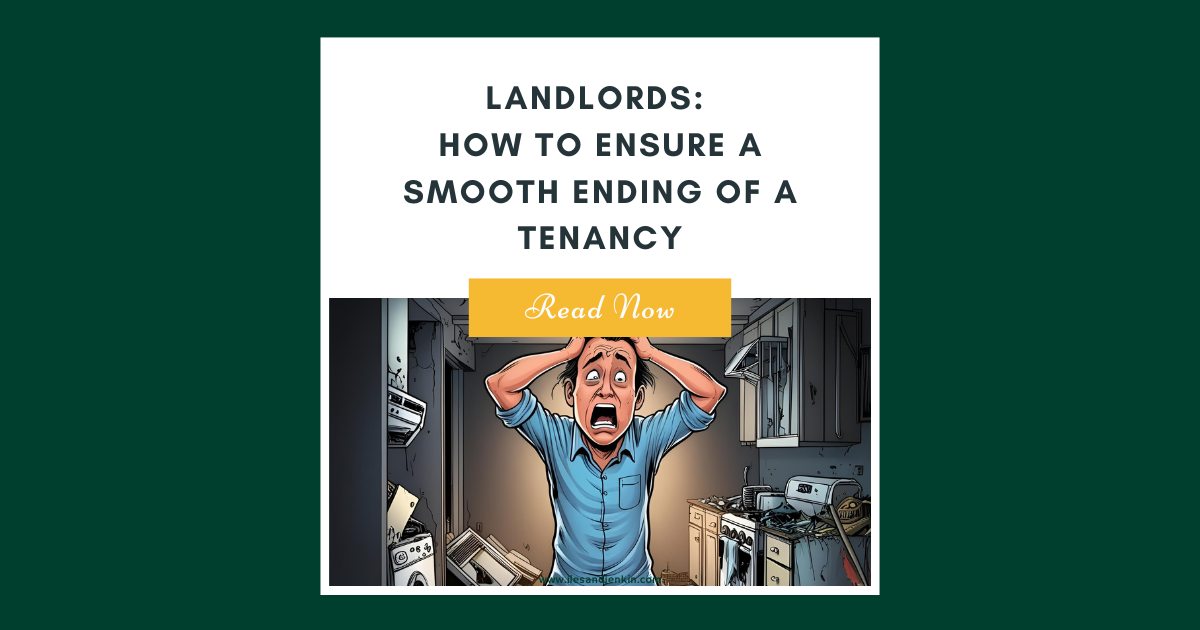
 By
By 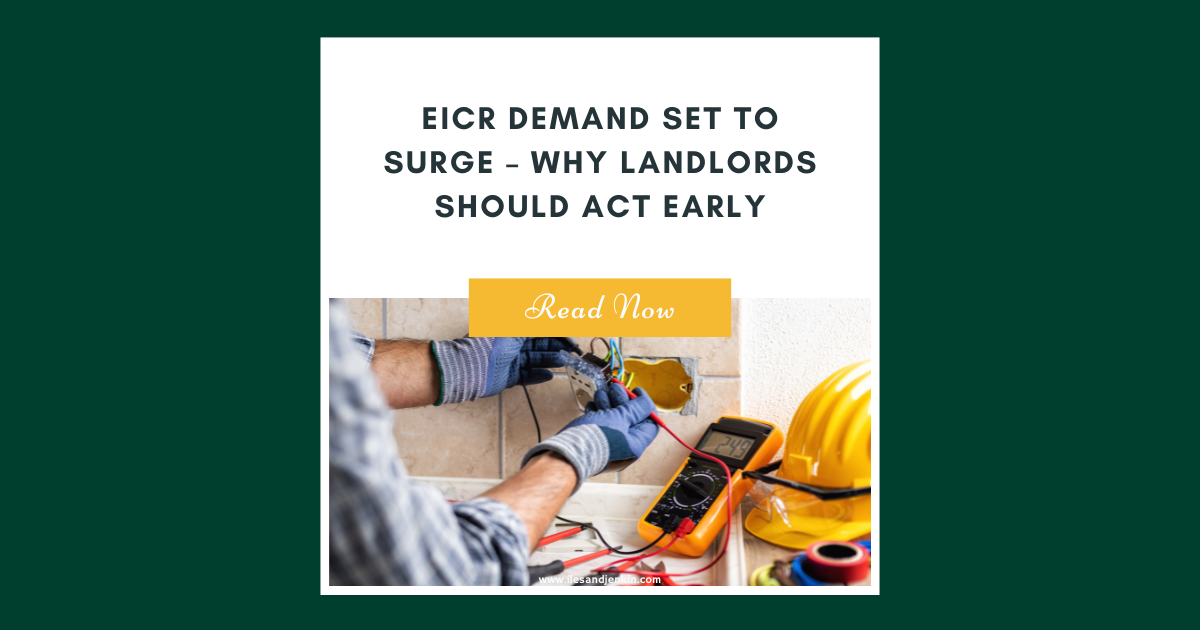


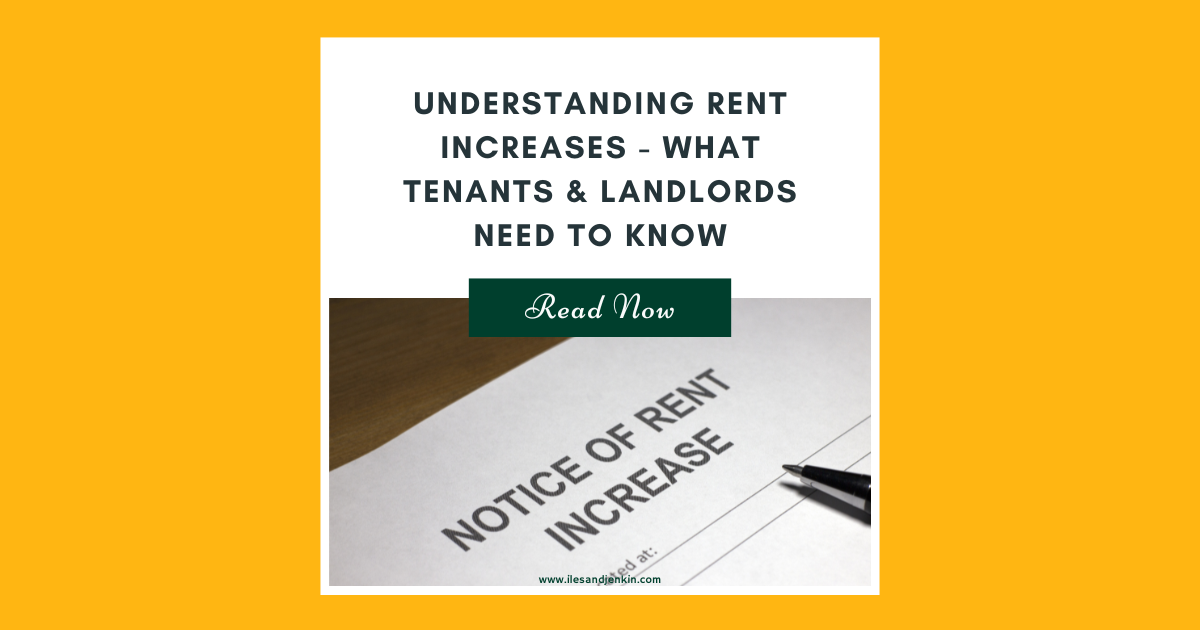
Share this with
Email
Facebook
Messenger
Twitter
Pinterest
LinkedIn
Copy this link